‘Objective moral facts exist in all possible universes’ – A reflection on Richard Carrier’s latest article
Richard Carrierꜛ’s recent 2025 peer-reviewed paperꜛ, published in Religions (MDPI), presents a rigorous and provocative argument: that objective moral facts not only exist, but must exist in all possible universes containing rational agents, and, crucially, that God is not needed to ground them. This claim challenges both divine command theory and moral relativism. In this post, I’d like to summarize Carrier’s key arguments and interpret them in the light of my recent blog posts.

Are moral facts objective and universal, or are they merely social constructs? Carrier’s argument suggests the former, positing that moral truths exist independently of human beliefs or divine commands. Source: Greg Rakozyꜛ hosted on Unsplashꜛ (license: Unsplash licenseꜛ)
In fact, we have encountered Carrier’s theories before in this blog series, particularly in the context of discussions on Jesus’ historicity. This provides a fascinating backdrop to his current arguments.
Carrier’s argument in a nutshell
Carrier opens with a bold claim: that objective moral facts exist in every possible universe that includes at least one rational agent. To support this, he offers a deductively valid argument with two premises:
- Premise 1: Moral facts are imperatives that supersede all other imperatives.
- Premise 2: For every rational agent, there always exist hypothetical imperatives that supersede all other imperatives.
Since the conclusion logically follows from these premises, the entire force of the argument hinges on their validity and necessity. Carrier defends both in separate, detailed subsections.
Premise 1: Moral facts as superlative imperatives
The first premise is not presented as empirical, but as definitional: moral facts are those imperatives that override all others in any given decision context. If some other imperative supersedes a purported “moral imperative”, then the latter cannot be truly moral. This makes the moral domain identical with the space of true superlative hypothetical imperatives, a move that Carrier claims closes off definitional loopholes and exposes circularities in theistic metaethics, i.e., it avoids the problem of defining moral truths in terms of divine will or nature, which then require an independent standard to evaluate whether that will or nature is itself good — a circularity famously illustrated by the Euthyphro dilemma (named after Plato’s dialogue Euthyphro, from Greek Εὐθύφρων, meaning “straight thinker” or “of straight mind”; in its reformed version: Is something good because God commands it, or does God command it because it is good?).
Carrier emphasizes that moral facts are not “just any strong preferences” but those that, under rational scrutiny, always win out. Whether to eat healthily, to not murder, or to seek meaningful relationships, each is moral insofar as it reflects the most rationally preferable choice available, relative to the circumstances. Any competing imperative that fails to meet this standard cannot be called moral in the strong sense.
Premise 2: Hypothetical imperatives are universal for rational agents
The second premise is more contentious, but Carrier makes a case for its necessity. He argues that any rational agent must, by definition, have at least one goal: to be rational. But rationality is not an empty formality, it entails further goals, such as coherence, truth-seeking, and avoidance of self-harm or contradiction. These goals, in turn, entail hypothetical imperatives.
Even Kant’s categorical imperative, Carrier argues, is ultimately reducible to a hypothetical: if you want to have a coherent and admirable sense of self-worth, then you ought to act according to principles that all could will. Kantian ethics is thus reinterpreted as rational egoism, but in a broad, virtue-compatible sense.
Carrier claims that any being capable of rationality must have access to such a web of hypothetical imperatives. If true, this makes moral facts not just possible, but necessary wherever rational agents exist.
Contingent vs. necessary moral facts
In the discussion section, Carrier introduces an important distinction: between necessary moral facts (those that follow from rational agency itself) and contingent moral facts (those that depend on the physics and social structure of a specific universe).
For example: “Murder is wrong” is only true in universes where death causes harm. In a hypothetical world where “killing” someone heals them, the moral fact would shift. But the structure of moral reasoning, that we ought to minimize unnecessary harm, would remain intact. It is thus a necessary truth that rational agents ought to act in ways that avoid gratuitous harm, even if what counts as “harm” differs from world to world.
This casuistic flexibility is precisely what theistic ethics lacks, Carrier argues. Divine command theory cannot account for moral change without collapsing into relativism or arbitrariness. Naturalistic ethics, by contrast, accommodates complexity while preserving objectivity.
Emotional and conceptual objections
Carrier devotes a large part of the paper to preempting objections. For example: what if we don’t like the moral facts that reason yields? His response is crisp: it doesn’t matter. If something is objectively true, our feelings are irrelevant.
Likewise, concerns that such a system would be “too egoistic” are rebuffed. Carrier argues that rational egoism does not imply selfishness. On the contrary, the best outcomes, both for the individual and society, are achieved through compassion, honesty, and reasonableness. These virtues are shown (via game theory, psychology, and evolutionary logic) to be stable strategies in virtually all social environments.
This leads to a deeper claim: not only do moral facts exist, but the core virtues we already suspect to be morally good, such as empathy, fairness, and sincerity, turn out to be rationally optimal strategies in every possible world.
God’s irrelevance
The final blow is methodological. Carrier concludes that even if a god existed, it would not change the argument: the moral facts would still follow from the nature of rational agency, not from divine will or command. God could perhaps discover or teach moral truths, but not create or ground them. Morality would thus remain secular, universal, and empirically accessible.
This also refutes the idea that God is necessary for moral motivation. Theists who claim we need fear of divine punishment or hope of divine reward to behave morally are, in Carrier’s view, simply endorsing an inferior motivation structure. Rational agents already have sufficient reasons to act morally, and indeed better reasons.
Discussion: Moral realism without God — and its resonance with Buddhist ethics
Carrier’s naturalist metaethics does more than dismantle theistic morality. It offers a rational structure for moral facts that aligns, perhaps surprisingly, with long-standing principles in Buddhist philosophy, in my view, particularly those found in non-theistic traditions such as early Buddhism and Zen. Let’s explore this further in the following discussion.
Rationality and moral cultivation as internal work
Carrier shows that moral facts derive from the nature of rational agency itself. There is no need to posit divine commands or cosmic fate to explain why we ought to act one way rather than another. Instead, the normative force of morality arises from within: it is rooted in the internal logic of what it means to be a rational being.
This resonates strongly with Buddhist ethics, which never required a creator deity to explain suffering, compassion, or liberation. The Eightfold Path is not a list of divine orders but a guide for those who understand, through direct experience and right view, what kinds of actions reduce suffering and increase clarity. Siddhartha Gautama’s message is similar to Carrier’s: morality is grounded in how reality functions and how the mind relates to it, not in metaphysical authority.
Virtue as the most rational life strategy
Carrier’s empirically supported conclusion, that the best outcomes, both for the individual and for society, are achieved through compassion, honesty, and reasonableness, echoes the Buddhist emphasis on karuṇā (compassion), sacca (truthfulness), and paññā (wisdom). These are not just “virtues” in an abstract sense, but optimal strategies for navigating life skillfully (kusala). Just as Buddhist ethics rests on the principle that actions have consequences (kamma), Carrier grounds morality in hypothetical imperatives: if you want to live well, thrive, and act coherently, then these are the ways you ought to behave.
This is also where Buddhist moral universalism finds a surprising ally. Carrier’s moral facts are not culturally relative nor divinely imposed; they are universal because they follow necessarily from the condition of being a rational agent. In Buddhism, this universality is tied to the notion that all beings seek to avoid suffering and desire well-being. There is no need to appeal to social norms or cosmic purpose. As Nāgārjuna might argue, morality arises from dependent origination, from causes and conditions, not from commandments.
Letting go of external justification
Carrier’s broader implication is that moral life does not require external validation: not from society, not from fate, and not from a god. This is profoundly compatible with the Buddhist ideal of self-responsibility (attāhi attano nātho, “the self is its own refuge”; verse 160 from the Dhammapada). Moral insight arises from rational reflection, just as awakening arises from deep understanding of the nature of mind and reality. Neither depends on obedience to external powers.
This also aligns with Zen’s distrust of metaphysical crutches: what matters is how you live, how you act, how clearly you see. Carrier’s argument supports a life of moral clarity grounded in self-understanding, not unlike the Buddhist path of sīla (ethical conduct) grounded in sammā-diṭṭhi (right view).
A possible dialogue
In sum, while Carrier writes in the register of analytic philosophy and naturalist ethics, his conclusions lend themselves to cross-cultural dialogue. Buddhist thought has long held that morality is not grounded in metaphysics, revelation, or divine nature, but in wisdom, awareness, and compassion. Carrier’s rationalist framework offers a compatible structure, perhaps even a philosophical mirror, for those traditions that have always claimed: you can be good, and flourish, without (a) God.
Final thoughts
Richard Carrier’s new articleꜛ is not merely a rebuttal of divine command theory. It is a philosophical invitation to rethink what morality actually is and where it comes from. If his argument holds, then moral facts are not divine decrees, cultural constructs, or evolutionary accidents, but objective imperatives grounded in the structure of rational agency itself. They follow from what it means to think clearly, act coherently, and live well.
This has profound implications, not just for theistic ethics, but for secular and spiritual traditions alike. Carrier’s claim that compassion, honesty, and reasonableness are rationally optimal strategies actually echoes long-standing Buddhist insights. It supports the view that moral life does not require belief in gods or reliance on metaphysical authority. Like the Buddhist path, it treats moral growth as an empirical and personal endeavor: to know oneself, to understand the consequences of action, and to live with awareness and care.
By rooting morality in reason and shared conditions of sentient life, Carrier opens space for an ethics that is both universal and human-scale, free from supernaturalism, yet deeply oriented toward the flourishing of self and others. His article shows that even in a universe without gods, there are still truths about how we ought to live, and we can discover them not through faith, but through reason, reflection, and experience.
References and further readings
- Carrier, Richard, Objective Moral Facts Exist in All Possible Universes, 2025, MDPI: Religions, doi: 10.3390/rel16081061ꜛ
- Richard Carrier’s blog post on the new publicationꜛ
- Carrier, Richard, Moral Facts Naturally Exist (and Science Could Find Them), in: Loftus (ed.), The End of Christianity, 2011, Prometheus, ISBN: 978-1616144135
- Smith, Michael, The Moral Problem, 1994, Wiley-Blackwell, ISBN: 9780631192466
- Ayer, Alfred J., Language, Truth and Logic, 1952, Dover, ISBN: 978-0486200101
- Axelrod, Robert, The Evolution of Cooperation, 2006, Basic Books, ISBN: 978-0465005642
- Pinker, Steven, The Better Angels of Our Nature: Why Violence Has Declined, 2012, Penguin Books, ISBN: 978-0143122012





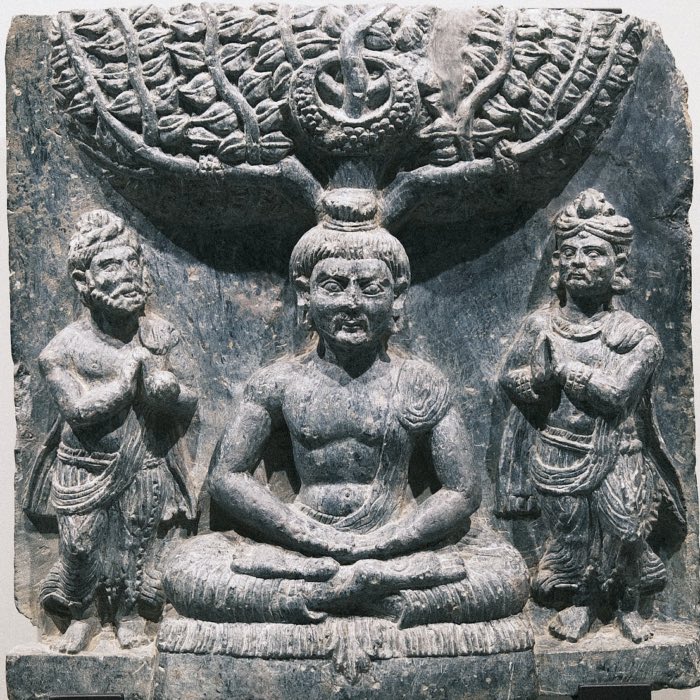



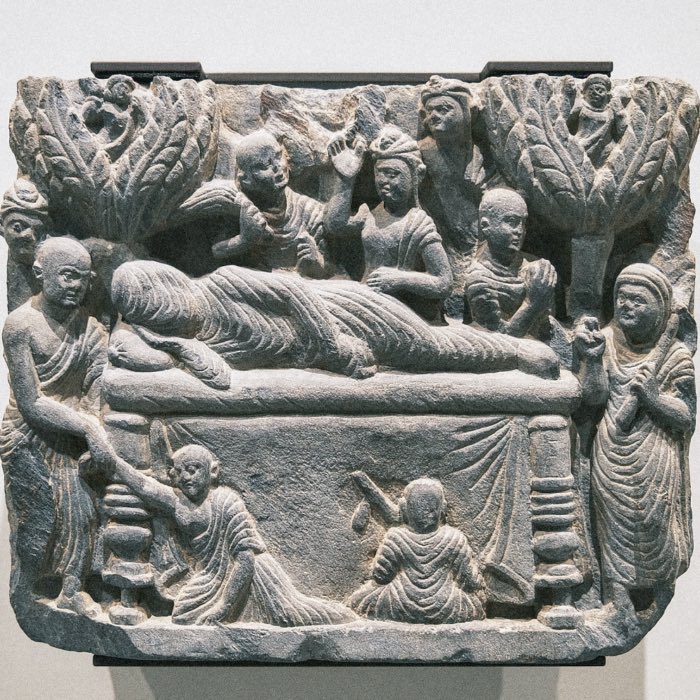
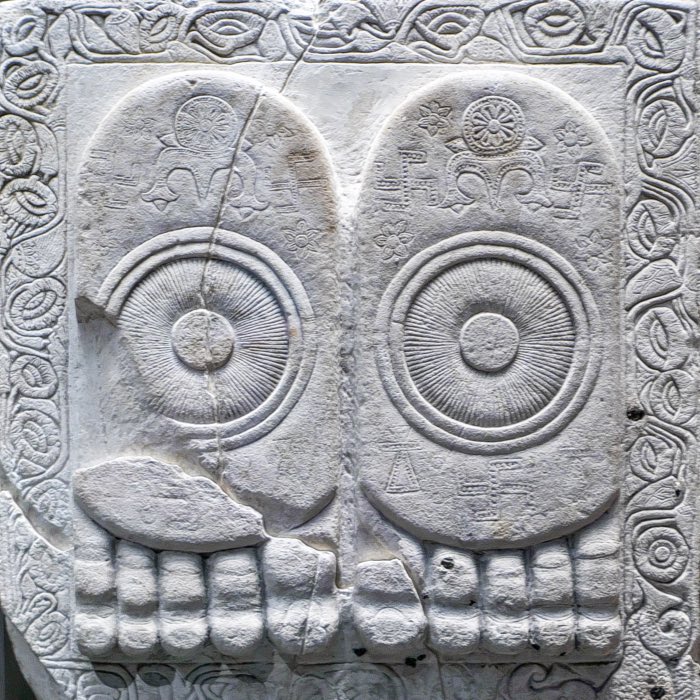
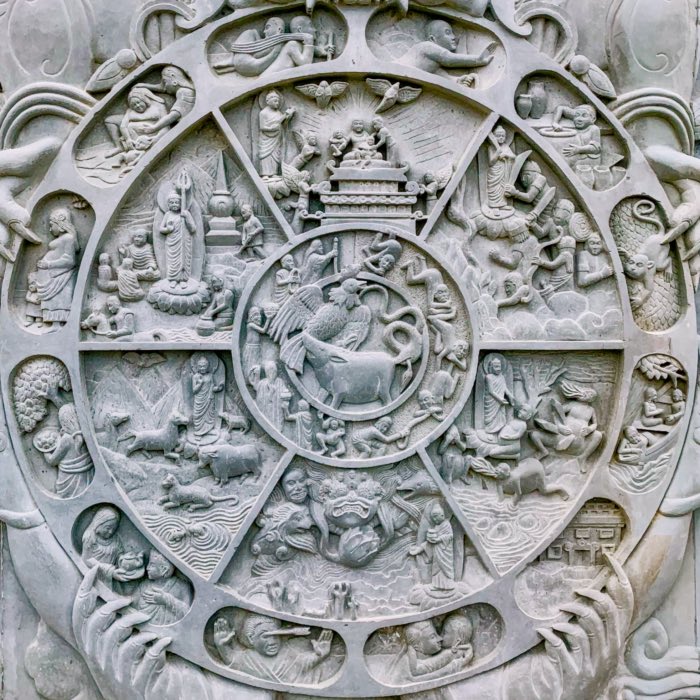












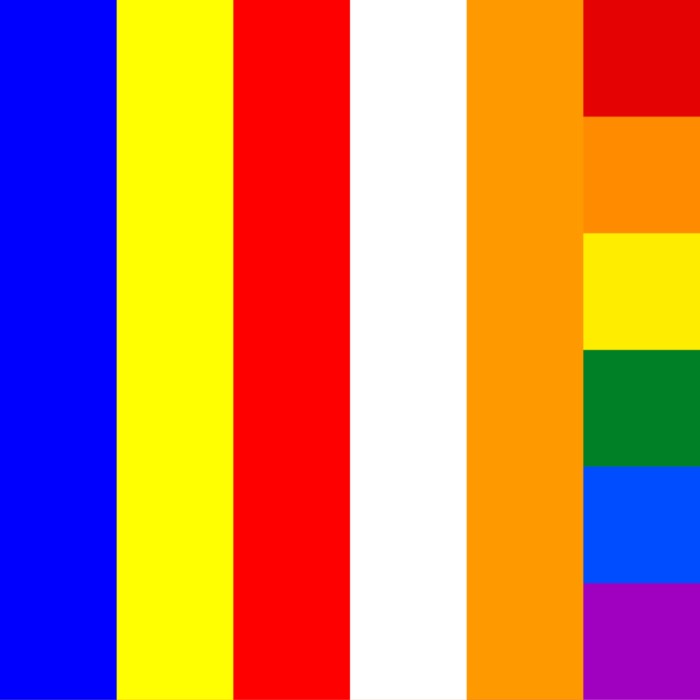

comments